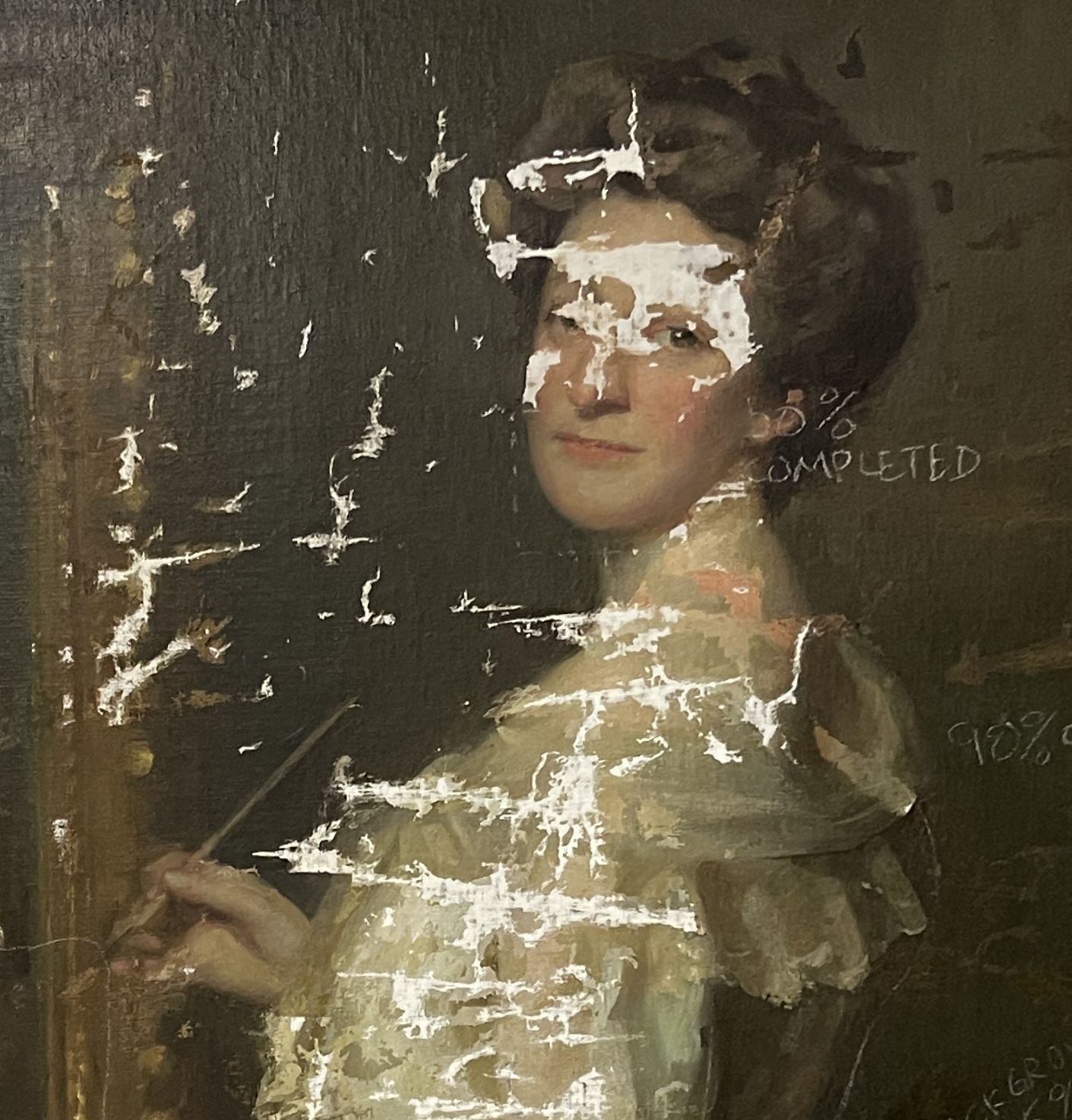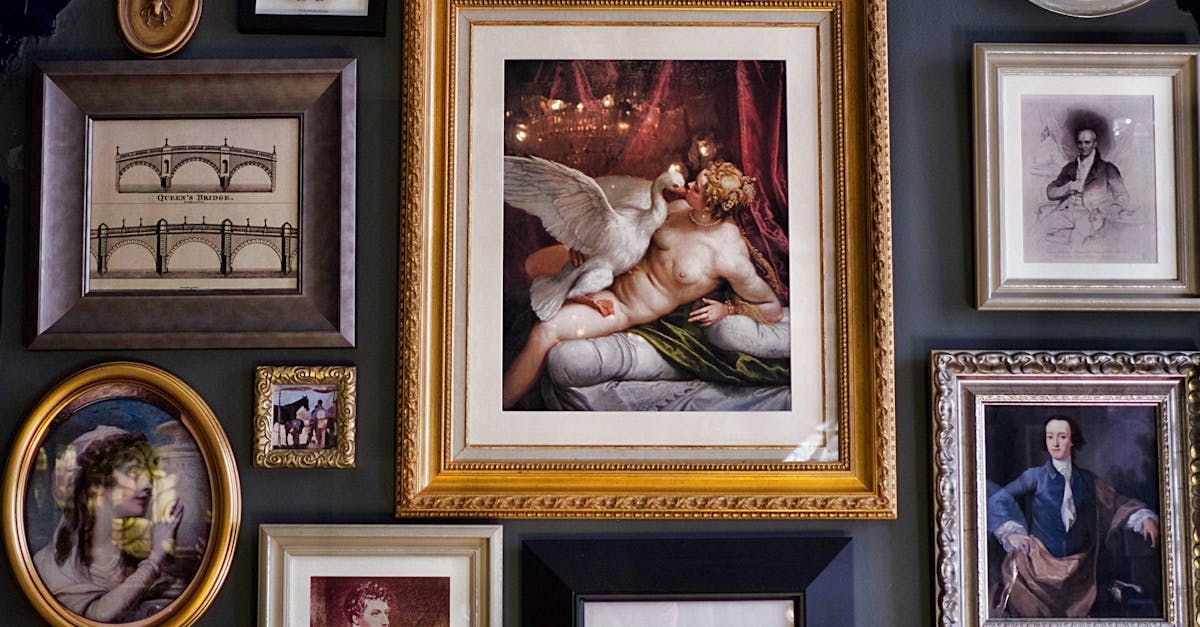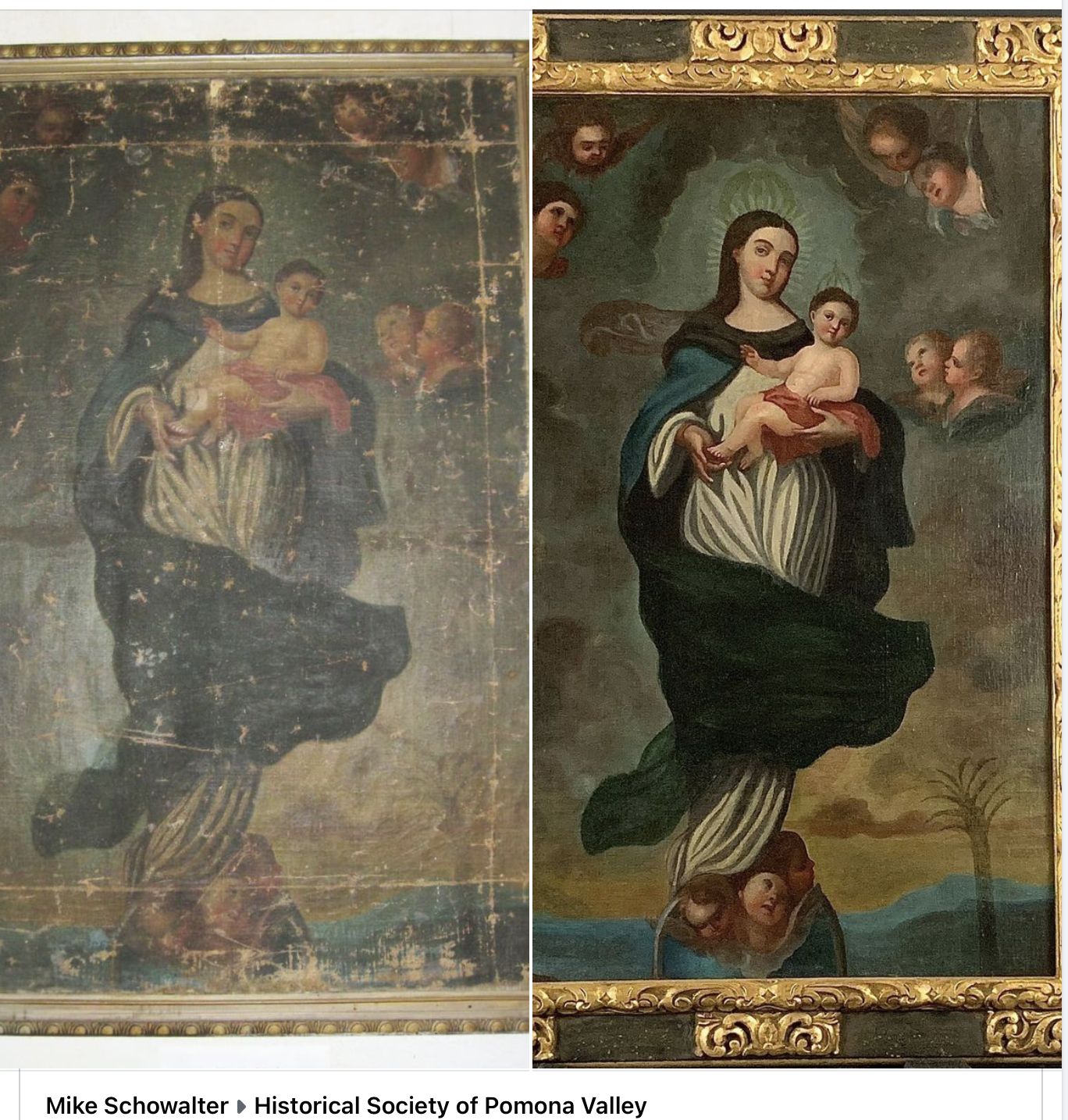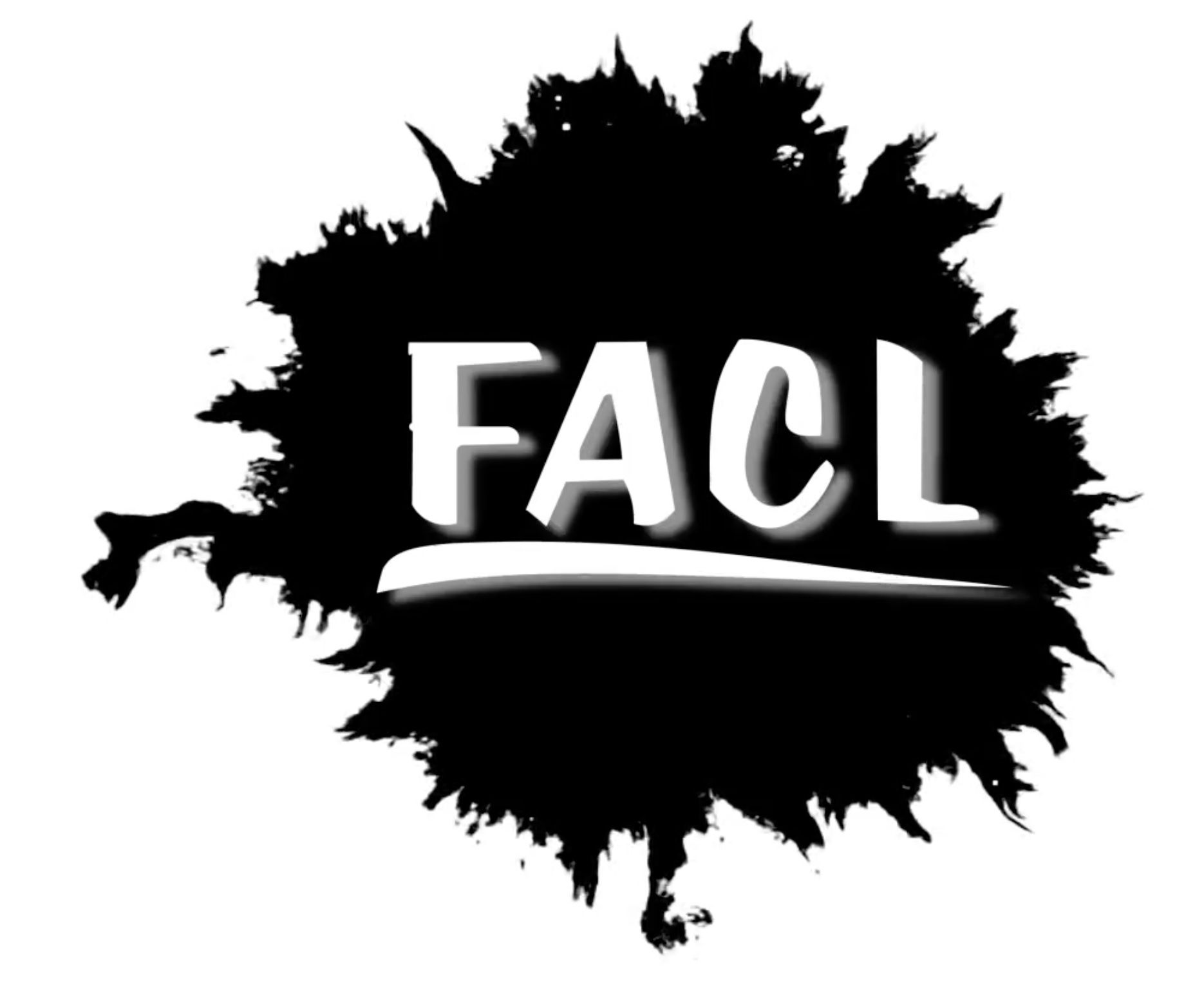Can a UV Blacklight Protect and Preserve Your Artwork?
For art collectors, ultraviolet (UV) blacklight inspections can offer a deeper understanding of your painting’s history, condition, and authenticity.

Why UV Blacklight Is an Essential Part of Art Evaluation
Using UV blacklight isn’t just a practice for professionals. It's a practical and revealing method for art enthusiasts, collectors, and estate managers alike. When shone over oil or acrylic paintings, the blacklight highlights areas of overpainting, varnish inconsistencies, and surface damage invisible to the naked eye.
For example, if you're evaluating a painting in your home that once belonged to a relative or you’re considering purchasing a vintage piece from an estate sale, UV light can reveal if it has been previously restored—and whether that restoration was done properly.
UV Light and Night Scenes: What It Might Reveal
Some of the most fascinating results come from night scenes or darker-toned paintings. In one case from our work near Santa Barbara, a blacklight revealed layers of inpainting in a dusky street scene—a glow outlining touch-ups made decades ago.

These ghostly glows aren't signs of damage. In most cases, they're evidence of
past care—a sign that your artwork has been tended to over time by professionals who (hopefully) respected its original beauty.
A Tool That Tells the Story of Your Artwork’s Journey
Whether you live in Las Vegas, Los Angeles, Orange County, or Utah, understanding the invisible history beneath your painting’s surface adds another layer of emotional and historical depth.
In our lab, we’ve used UV blacklight to:
- Confirm whether a painting is in original condition
- Detect overpainting from amateur restorations
- See surface grime not visible to the naked eye
- Assess the quality and compatibility of previous conservation efforts
A Professional’s Perspective on UV Blacklight Evaluation
At Fine Art Conservation Laboratories (FACL, Inc.), we use UV blacklight evaluation as part of our standard condition reports, restoration planning, and insurance claim documentation. This practice ensures we preserve—not overwrite—each artwork’s unique story.

We frequently serve private collectors, institutions, churches, and museums across the Western U.S., including clients in
Las Vegas, NV, who want to protect and understand their fine art collections.
How UV Blacklight Guides Our Restoration Process
Here’s an example from one of our more complex conservation projects: A centuries-old oil painting had been previously restored multiple times, but some areas had yellowed varnish and undocumented inpainting. Under UV blacklight, we identified those interventions clearly.
This allowed us to tailor our restoration plan, taking care not to disturb the previous conservator’s work while preserving the painting’s original materials.

From Condition Reports to Insurance Claims
Did you know UV blacklight findings also support art insurance claims? When clients come to us after accidents, water damage, or fire, our reports—supplemented with UV inspection photos—can help validate your claim. Insurers appreciate this methodical documentation, and our reports are accepted by carriers nationwide.
We charge a flat fee (not a percentage of the claim) to provide fair, professional reports. This keeps your costs predictable and supports faster, less stressful resolutions.
Scott M. Haskins on the Importance of UV Evaluations
“Over the decades, I’ve seen how UV blacklight has become one of the most powerful tools in our profession. It’s non-invasive, quick, and incredibly revealing. It helps connect people with their artwork’s true story.”
—
Scott M. Haskins, Senior Art Conservator
Ready to See What’s Hidden Beneath the Surface?
If you’re an art lover in Las Vegas, Santa Barbara, Los Angeles, Orange County, or Utah, consider booking an art evaluation with FACL, Inc. Whether you're planning restoration, insurance documentation, or just want to know your painting's past—this simple tool can illuminate what’s been hiding in plain sight.
Contact us today for an art evaluation appointment or consultation.
8055643438



